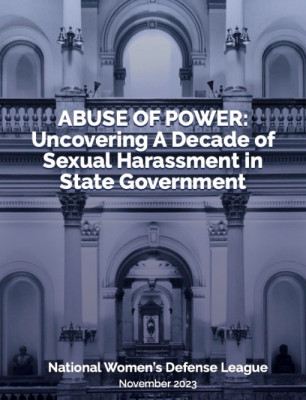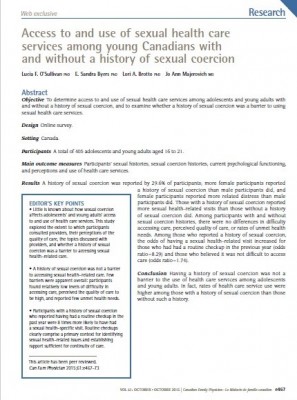Resources Library:
Start a Search:
A-Z Advocacy Model: Asians and Pacific Islanders Build an Inventory of Evidence-Informed Practices
Asian and Pacific Islander domestic violence agencies have built an extraordinarily rich tapestry of approaches where advocates do everything it takes to mitigate barriers, challenge patriarchy, strategize to build safety and well-being, and redefine culture.
The A-Z Advocacy Model is anchored by five principles that analyze gendered and racialized cultural contexts, confront root causes, and engage in systems change and cultural transformation; all the while, holding women's equality and empowerment central to community well-being:
1. An analysis of intersectionality and patriarchy deepens the understanding of root causes and becomes fundamental to program design.
2. Culturally-specific programming means designing services that address ethnic and linguistic diversity within and among Asians and Pacific Islanders.
3. Survivor-centered advocacy is based on a culturally-specific analysis and definition of domestic and family violence.
4. Integrating an analysis of, and responses to, gender-based violence when working with API survivors of domestic violence became evidence-informed practice.
5. Engaging in systems advocacy builds gateways to services through collaboration, policy advocacy, and research.
Abuse of Power: Uncovering a Decade of Sexual Harassment in State Government

The inaugural report of the National Women's Defense League reveals that sexual harassment by sitting state lawmakers over the last decade is pervasive and ongoing: At least 130 statehouse lawmakers were accused of sexual harassment by 359 individuals since 2013 – with actual numbers likely three times as much due to under reporting by survivors and legislatures. This report report reviews the past 10 years of data and explores who is experiencing sexual violence and what accountability looks like/doesn’t look like for elected officials.
Access To and Use of Sexual Health Care Services Among Young Canadians With and Without a History of Sexual Coercion

The goal of this 2015 online survey was to determine access to and use of sexual health care services among adolescents and young adults with and without a history of sexual coercion, and to examine whether a history of sexual coercion was a barrier to using sexual health care services.
The study ultimately found that having a history of sexual coercion was not a barrier to the use of health care services among adolescents and young adults. In fact, rates of health care service use were higher among those with a history of sexual coercion than those without such a history.
Acknowledging Voluntary Services
This Power Point presentation was developed and presented by Mary E. Guiberson, from the Cascade Women’s Transitional Housing Program Manager, for the Virginia Department of Social Services Office of Family Violence Promising Practices Conference on September 17, 2013.
Action Alliance Training Module: Model Policies on Confidentiality and Record-keeping for Advocates
Static training module which covers specific requirements on confidentiality and record-keeping ensuring advocates are aware of the legal requirements as well as the commitment to survivor safety involved in different record-keeping strategies and confidentiality protection measures.

